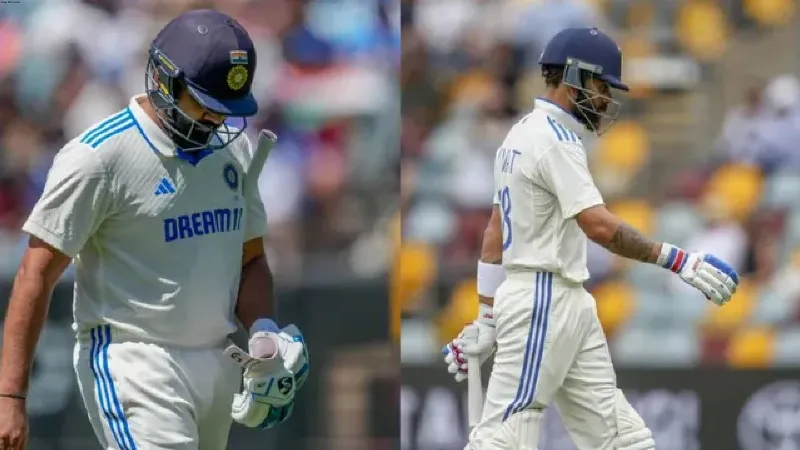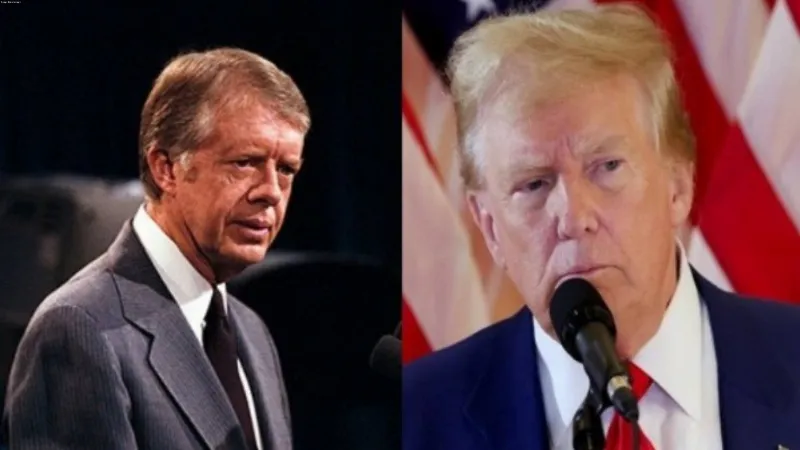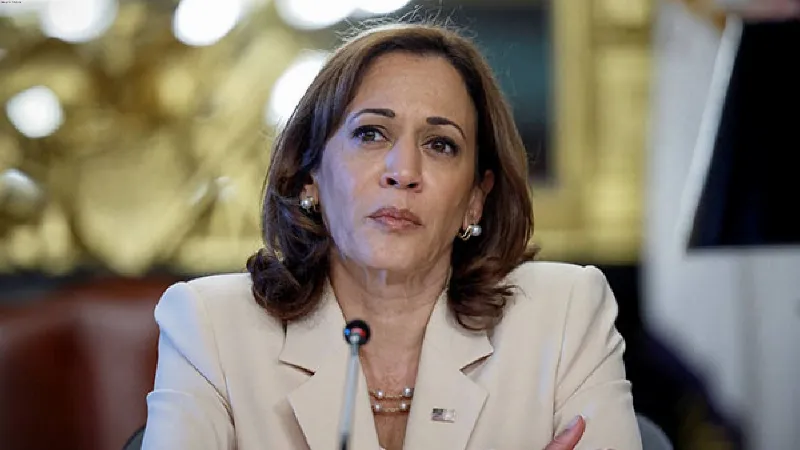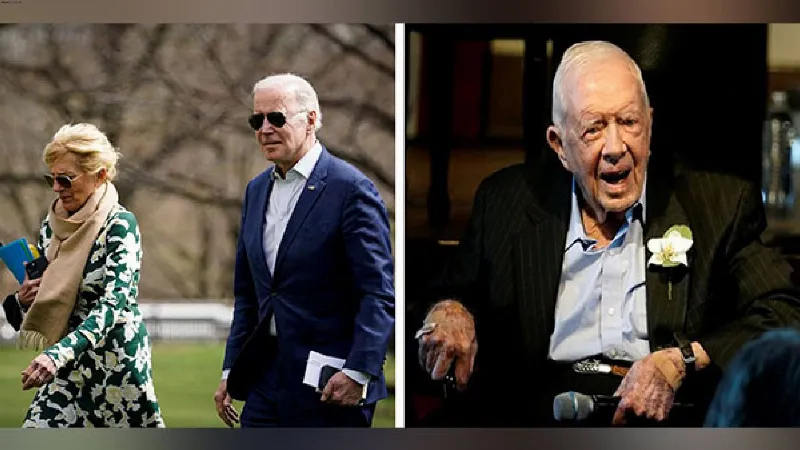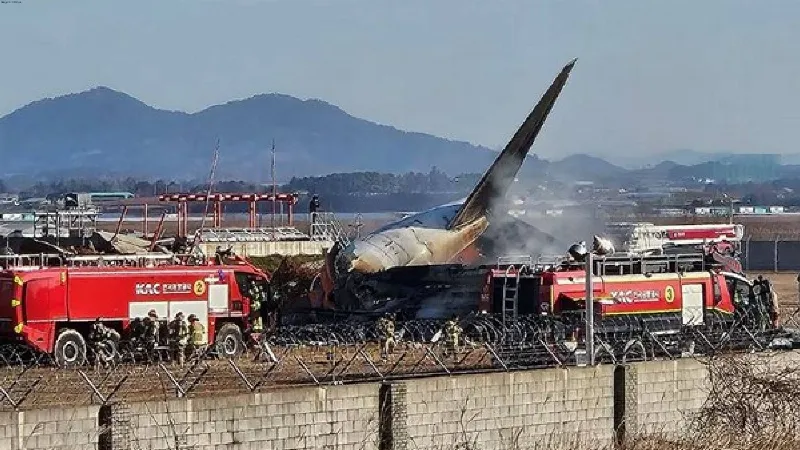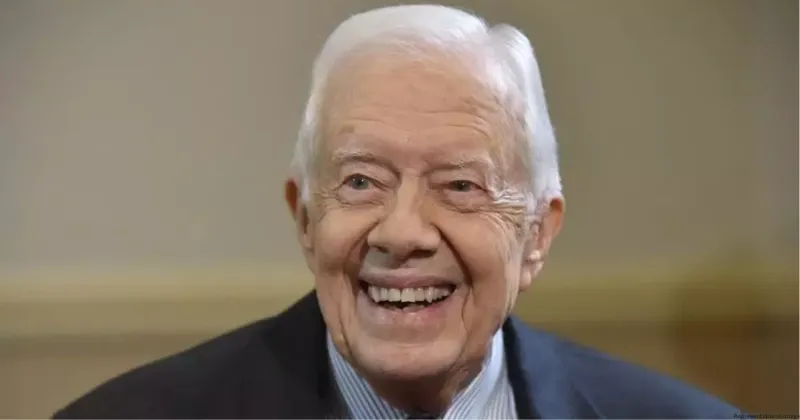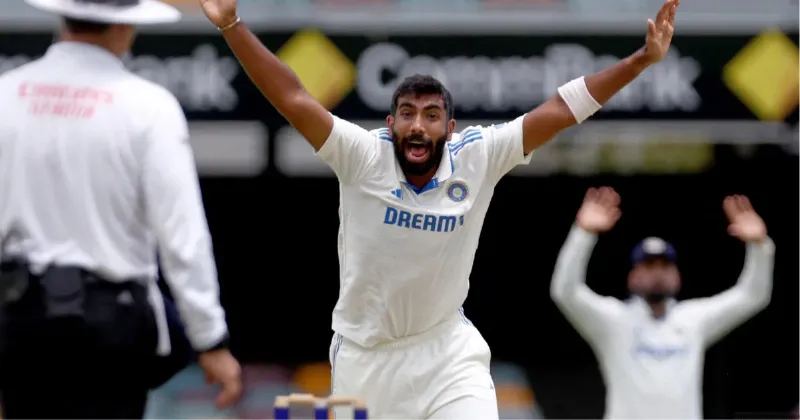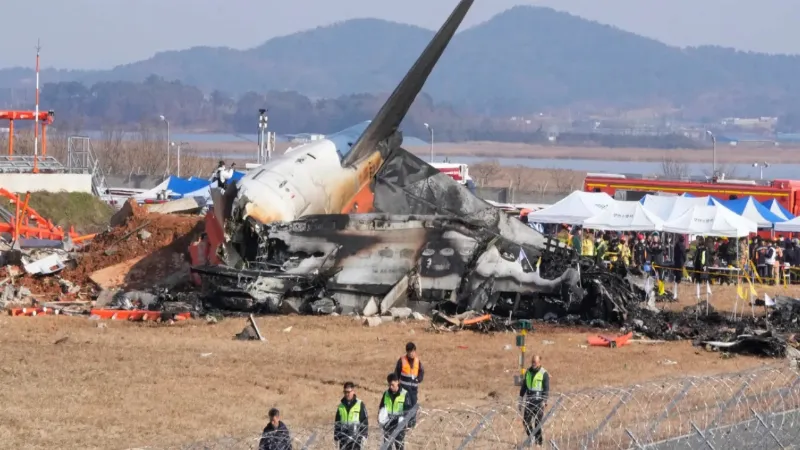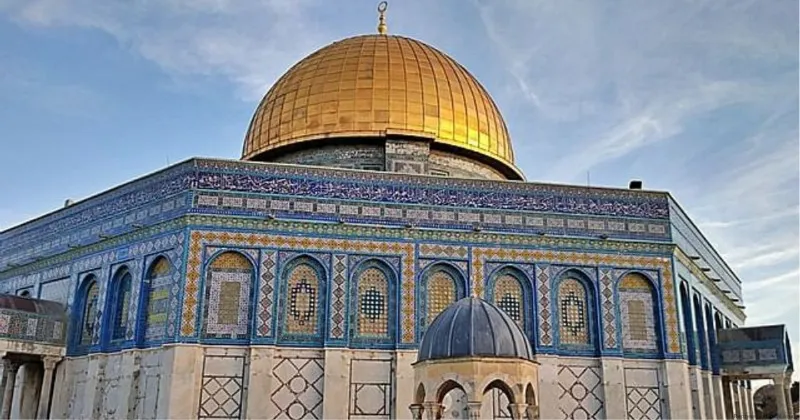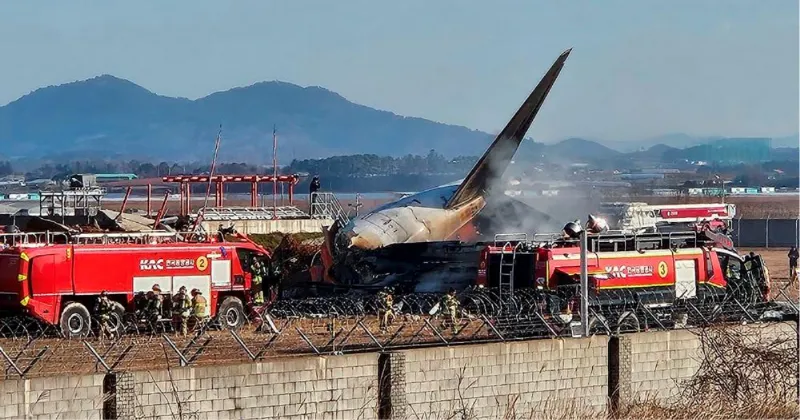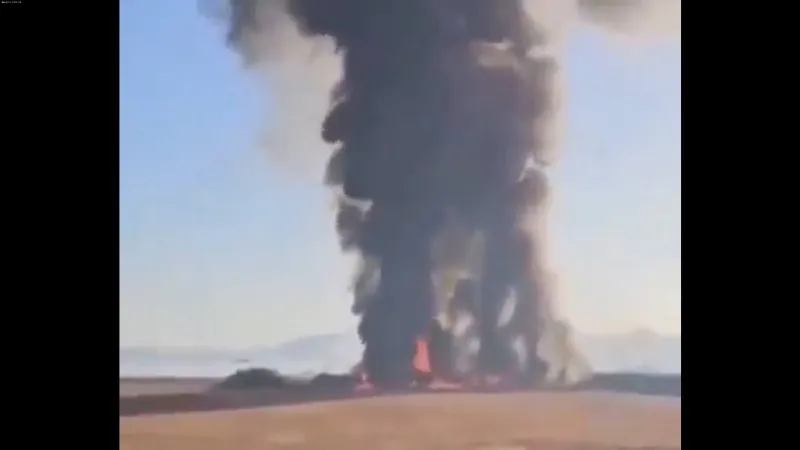Doha [Qatar]: Prime Minister Narendra Modi's visit to Doha elevated the bilateral relationship from a transactional to a strategic level as the focus of the visit was on "consolidating the wide-ranging partnership" between India and Qatar, Foreign Secretary Vinay Kwatra said on Thursday
After achieving diplomatic victory with regard to the release of Indian navy veterans arrested in Doha in an alleged espionage case, PM Modi expressed gratitude and invited the Amir of Qatar Tamim bin Hamad Al Thani to India
The Foreign Secretary also said that the visit aimed at building upon the gains achieved in 2016 and fostering deeper cooperation in various fields.
"The Prime Minister's visit to Qatar is focused on consolidating the wide-ranging partnership that India and Qatar have across different fields of economic cooperation to also build on the gains of 2016," said Kwatra while addressing a briefing on PM Modi's visit to Qatar.
"Prime Minister thanked His Highness the Amir for his support for the welfare of the Indian community and in this regard expressed his deep appreciation for the release of eight Indian nationals of Al Dahra company. We are extremely gratified to see them back in India. PM invited His Highness the Amir to pay a visit to India," Foreign Secretary Vinay Kwatra said in a briefing on PM's visit to Qatar.
The discussions during the visit centred around elevating the bilateral relationship from a transactional to a strategic perspective.
"The visit builds on the gains achieved through subsequent high-level political exchanges between the two countries and lays a foundation for what the two countries, driven by the strong leadership of The Amir and the Prime Minister of India, can achieve in months and years ahead in a manner that not only expands the areas of bilateral cooperation, but also increases convergencies on regional issues. In a bilateral space, we look at that from a strategic perspective rather than from a transactional perspective," he added.
The leaders of both nations, driven by the strong leadership of Amir Sheikh Tamim bin Hamad Al Thani and the Prime Minister of India, sought to not only expand the areas of cooperation but also increase convergences on regional issues, according to Kwatra.
One significant aspect of the discussions was the exploration of partnerships in technology, trade, investment, and energy. In the technology domain, the scope expanded beyond Fintech to encompass smart cities, innovation ecosystems, and the integration of skilled manpower. The strategic vision involved applying technology convergence to sectors such as space, education, energy, automotive, and electric vehicles.
In the realm of energy, the leaders acknowledged the existing strong energy security and trade partnership but sought to explore new dimensions. "So the whole idea is to not just look at technology from a singular domain of fintech but also expand the scope of technology partnerships to other domains and then within domains to the entire ecosystem of each domain," he said.
The focus extended to green and renewable energy, building supply chains for clean energy, and incorporating technological innovations in the energy sector.
On the investment front, the leaders viewed it strategically, recognising India's robust economic growth trajectory. "The same applies to investment also that we should look at investment from a strategic perspective, given that India is poised to become the third largest economy in coming years, given that the growth trajectory of the Indian economy is very strong, robust and also substantial, which then opens up the opportunity for countries, including particularly partners like Qatar, to become our strategic partners through the investment in that development and growth journey, but do it in a manner that is, of course, beneficial to both the partners," he said.
The emphasis was on utilising investments as a means to establish long-term strategic partnerships, going beyond mere return on equity considerations.
Trade discussions aimed to broaden the trade basket, exploring new markets and creating demand for products that aligned with the complementarities of the two economies.
"Similarly, in terms of trade, the focus on trade is to broaden the trade basket and then, within the existing trade baskets, expand trade, building new trade markets. I think the way the complementarities of the two economies are growing, it's quite possible we can have new market demand created in Qatar at some level," the Foreign Secretary added.
While specific agreements were not signed during the visit, the discussions set the stage for a more extensive and profound economic partnership between India and Qatar.
In conclusion, Kwatra said, "The visit will set the stage, lay the basis for a stronger, deeper, more extensive, wide-ranging partnership between India and Qatar."
PM Modi and the Amir of Qatar, Sheikh Tamim bin Hamad Al Thani, held a bilateral earlier today. The Prime Minister also received a ceremonial welcome upon meeting with the Amir of Qatar in Doha on the second day of his official visit to Qatar.
PM Modi arrived in Qatar's capital, Doha, on Wednesday night after inaugurating the first Hindu Temple in Abu Dhabi and a series of bilateral meetings with prominent leaders.
Just after arriving in Doha, PM Modi met with his counterpart, Sheikh Mohammed bin Abdulrahman Al Thani and the two discussed ways to bolster ties between India and Qatar.
In a post on X, PM Modi stated, "Had a wonderful meeting with PM @MBA_AlThani_. Our discussions revolved around ways to boost India-Qatar friendship."
Notably, this visit came on the heels of a major diplomatic triumph for India, in which eight veterans of the Indian Navy who were sentenced to death in Qatar on espionage charges, were released by Doha on Monday.
Seven out of the eight veterans have returned to India. The eighth personnel has also been released and his return is being worked out, the MEA said.


.jpg)

